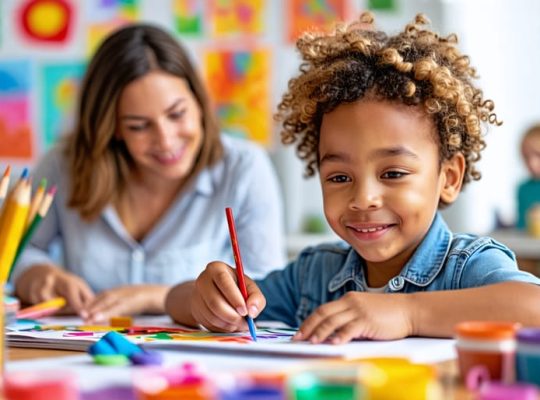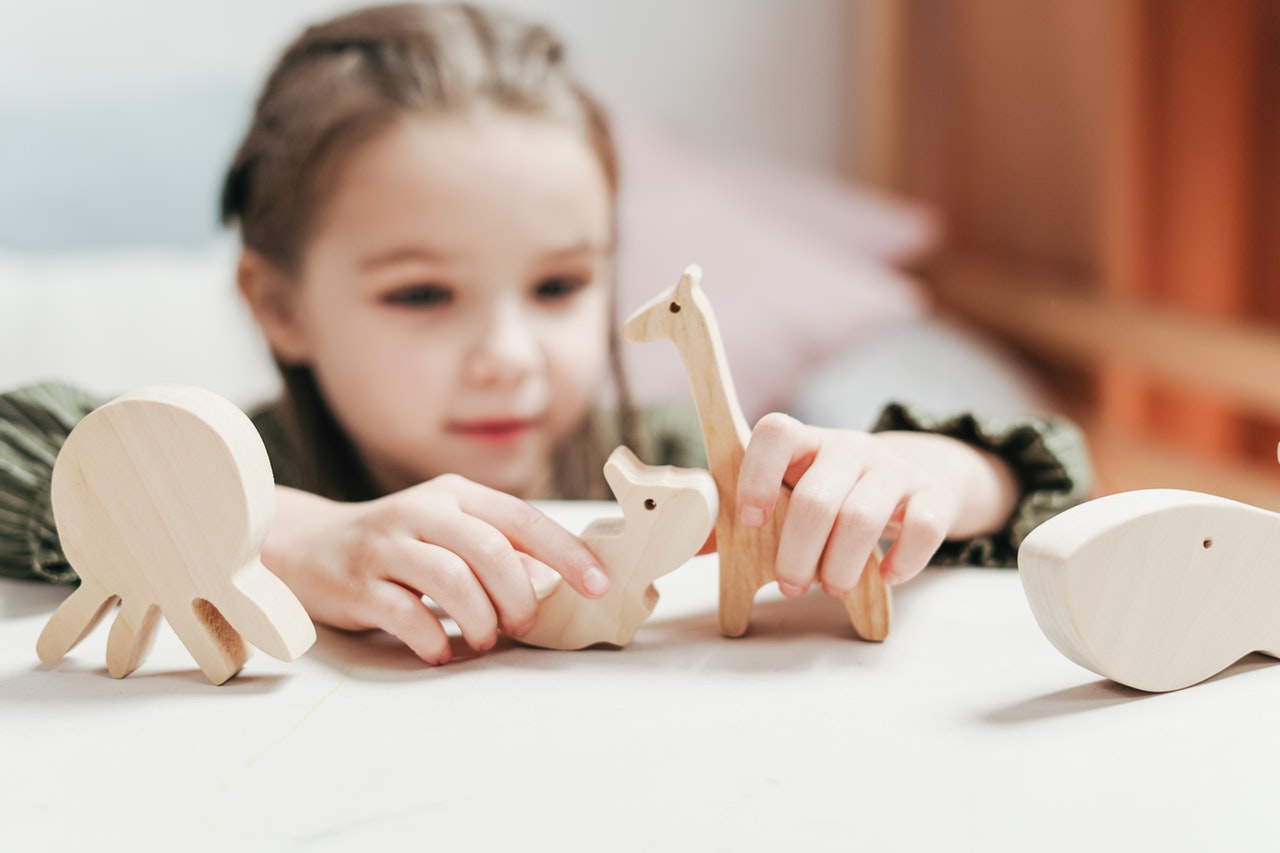Understanding these effects isn’t just about preventing negative outcomes; it’s about empowering our children to harness positive peer relationships while developing the resilience to stand firm in their values when necessary.
Understanding Positive Peer Pressure
Academic Motivation
Positive peer relationships can significantly boost academic performance and foster a love for learning. When students surround themselves with motivated classmates, they often develop better study habits through collaborative learning and friendly competition. For example, study groups can make learning more engaging and help students tackle challenging subjects together.
Dr. Sarah Chen, an educational psychologist, notes that “Students who have academically-oriented friends are more likely to challenge themselves and maintain higher educational goals.” This positive influence often leads to improved grades, increased class participation, and greater academic aspirations.
Peer motivation can also help students develop valuable skills like time management and organization. When friends share study techniques, homework strategies, and academic resources, they create a supportive learning environment that benefits everyone involved. This collaborative atmosphere can transform academic challenges from daunting obstacles into shared opportunities for growth and achievement.

Healthy Social Skills
While peer pressure often gets a bad rap, positive peer interactions can actually foster crucial social skills that benefit children throughout their lives. Through constructive friendships, children learn to express themselves clearly, listen actively, and respond appropriately to others’ feelings. They develop empathy by understanding different perspectives and supporting friends through challenges.
Group activities and collaborative projects help children practice cooperation, negotiation, and compromise. These experiences teach them how to work as part of a team, share resources, and resolve conflicts peacefully. When children interact with supportive peers, they also learn to give and receive constructive feedback, building resilience and emotional intelligence.
As Dr. Sarah Thompson, child psychologist, notes, “Healthy peer relationships are like a social laboratory where children can practice and refine their interpersonal skills in a safe environment.”

The Dark Side of Peer Pressure
Anxiety and Depression
Negative peer pressure can significantly impact mental health, particularly contributing to anxiety and depression in children. When young people feel constant pressure to conform or face social exclusion, it can create overwhelming stress and emotional turmoil. Dr. Sarah Thompson, a child psychologist, explains, “Children who experience persistent negative peer pressure often develop feelings of inadequacy and self-doubt, which can spiral into more serious mental health concerns.”
Many children report feeling trapped between maintaining their authenticity and fitting in with their peer group. This internal conflict can manifest as physical symptoms like stomachaches, difficulty sleeping, or loss of appetite. Some may withdraw from activities they once enjoyed or show sudden changes in their mood and behavior.
Parents and educators should watch for warning signs such as increased isolation, sudden academic decline, or expressing feelings of worthlessness. Creating open dialogue and providing a supportive environment where children feel safe discussing their struggles is crucial for preventing these mental health challenges from escalating.
Risky Behaviors
Peer pressure can lead young people to engage in behaviors that put their health and safety at risk. Common dangerous activities include experimenting with alcohol or drugs, often starting with seemingly harmless “just one try” scenarios that can escalate into regular use. Reckless driving, particularly when teenagers encourage each other to speed or drive without proper attention, presents another serious concern.
Some children might participate in dangerous social media challenges or trending risky behaviors to gain acceptance from their peers. Others might engage in shoplifting, vandalism, or other illegal activities because “everyone else is doing it.” Sexual activity at a young age can also result from peer pressure, potentially leading to emotional trauma or health risks.
Academic dishonesty, such as cheating on tests or sharing homework, might seem minor but can have lasting consequences on a child’s education and ethical development. Even seemingly less dangerous activities, like extreme dieting or skipping meals to fit in, can develop into serious health issues, impacting not just physical but also mental health.
Parents should remain vigilant and maintain open communication with their children about these risks while offering support and understanding rather than judgment or harsh criticism.
Self-Esteem Impact
Peer pressure can significantly impact a young person’s self-esteem and sense of identity during crucial developmental years. When children face constant pressure to conform or feel judged by their peers, they may begin to question their self-worth and personal values. Children who experience negative peer pressure often struggle with decreased confidence and may start doubting their decisions, abilities, and unique qualities.
However, positive peer interactions can actually boost self-esteem and help shape a healthy identity. When young people find supportive peer groups that accept them for who they are, they develop stronger self-confidence and a more secure sense of self. These positive relationships create a foundation for healthy identity formation and help children recognize their own worth beyond external pressures.
Parents and educators should pay attention to sudden changes in a child’s self-perception or confidence levels, as these might indicate harmful peer pressure effects. Supporting children in developing a strong sense of self while maintaining healthy peer relationships is crucial for their emotional well-being.
Warning Signs Your Child Is Struggling
As parents, it’s crucial to stay attuned to changes in your child’s behavior that might signal they’re experiencing difficult peer pressure. Watch for sudden shifts in their usual routines or personality. If your typically outgoing child becomes withdrawn or a usually confident student starts expressing self-doubt, these could be important indicators.
Pay attention if your child suddenly changes their appearance or interests to match a specific group, especially if these changes seem forced or uncomfortable for them. Other red flags include avoiding previously enjoyed activities, making excuses to skip school, or displaying unusual anxiety about social situations.
Changes in academic performance, such as dropping grades or lost interest in schoolwork, can also signal peer pressure struggles. Notice if your child starts hiding their phone, becoming secretive about their friends, or showing unexpected changes in their spending habits.
Physical symptoms like headaches, stomach aches, or trouble sleeping might emerge when children face overwhelming social pressure. Listen carefully if they express feelings of not fitting in or make concerning statements about needing to “prove themselves” to others.
Trust your parental instincts. If you notice your child adopting concerning behaviors or attitudes that seem influenced by others, or if they appear consistently stressed about social situations, these are valid reasons to start a gentle, supportive conversation about what they’re experiencing.
Empowering Your Child
Building Confidence
Building resilience against peer pressure starts with building confidence and coping skills from an early age. Parents and educators can help children develop strong self-esteem by celebrating their unique qualities and accomplishments, no matter how small. Encourage children to identify their personal values and beliefs, and help them understand that it’s okay to stand firm in these convictions.
Role-playing different scenarios can be an effective way to practice decision-making skills in a safe environment. This gives children the opportunity to rehearse responses to peer pressure situations before they encounter them in real life. Additionally, teaching children to use “I” statements, such as “I don’t feel comfortable with that,” helps them express their feelings assertively.
Create an open dialogue where children feel safe discussing their concerns without judgment. When they share their experiences, validate their emotions while helping them develop problem-solving strategies. Remember that confidence grows through experience, so allow children to make age-appropriate decisions and learn from both successes and mistakes.
Communication Strategies
Maintaining open communication with young people experiencing peer pressure is crucial for their emotional well-being. Create a safe, judgment-free environment where they feel comfortable sharing their challenges and concerns. Listen actively without interrupting, and validate their feelings even if you disagree with their choices.
Start conversations during neutral moments, like car rides or while doing activities together, rather than waiting for problems to arise. Ask open-ended questions about their friends, school life, and social situations, showing genuine interest in their experiences.
When they share difficulties, avoid immediate criticism or lectures. Instead, help them explore potential consequences and solutions through gentle guidance. Share relevant personal experiences from your own youth, demonstrating that you understand their struggles.
Establish regular check-ins and create family routines that encourage dialogue, such as daily dinner conversations or weekly one-on-one time. Remember that support doesn’t always mean solving their problems; sometimes, they just need someone to listen and understand.
If you notice signs of harmful peer pressure, remain calm and supportive while helping them develop strategies to handle difficult situations. Consider connecting them with additional resources like school counselors or support groups when needed.

Understanding and managing peer pressure is a crucial part of your child’s social development. As we’ve explored throughout this article, peer influence can have both positive and negative impacts on children’s behavior, self-esteem, and decision-making abilities. While some peer pressure can encourage academic excellence, healthy habits, and positive social skills, it’s essential to remain vigilant about negative influences that could lead to risky behaviors or emotional distress.
As parents, your active involvement makes a significant difference in how your children handle peer pressure. By maintaining open communication, building their self-confidence, and creating a supportive home environment, you can help your children develop the resilience they need to make healthy choices. Remember that every child’s experience with peer pressure is unique, and your understanding and guidance are invaluable resources for them.
Stay connected with your children’s social circles, monitor their behavioral changes, and continue to reinforce positive values at home. When children know they have a strong support system, they’re better equipped to navigate peer pressure successfully. Together, we can help our children grow into confident individuals who can stand up for their beliefs while maintaining healthy relationships with their peers.







